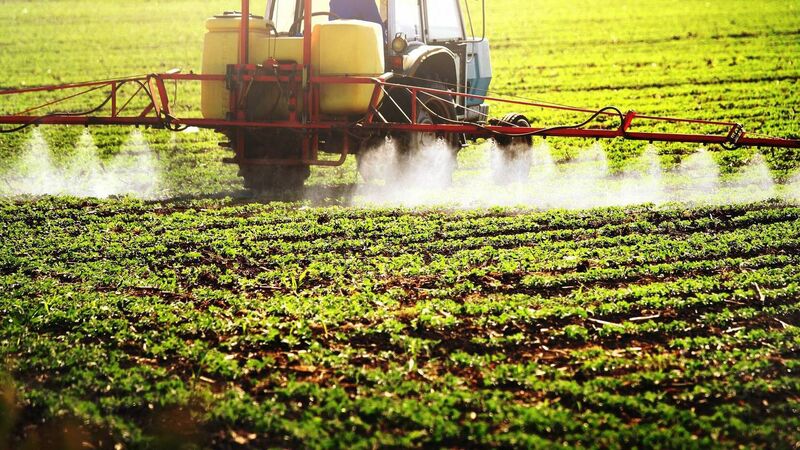Study to probe link between pesticides and our physical and mental well-being

Farming systems in Europe rely strongly on the use of pesticides. Picture: iStock
A team of UCC researchers has won more than €730,000 in EU funding to join an international investigation into the impact of pesticides on the gut — and mental well-being — of humans and animals.
Professor John F Cryan and his colleagues at the university’s APC Microbiome Ireland have been awarded the research funding under the European Commission’s Horizon 2020 Research and Innovation programme. This project aims to understand the impact of pesticides on the community of bacteria in the guts of animals and humans with a particular focus on the link between gut and brain.










